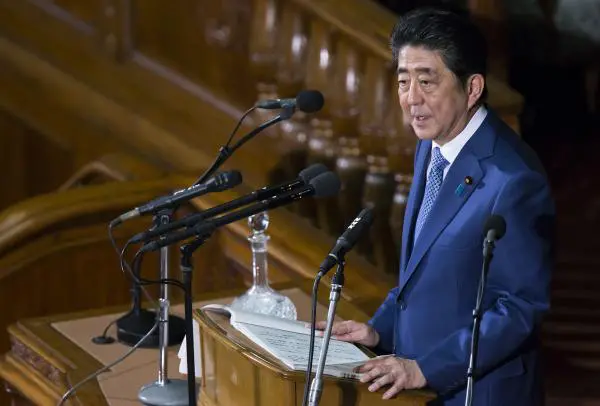The community of Hong Kong spoke highly of the electoral-reform report that was submitted Tuesday by Chief Executive C Y Leung to China's top legislature, saying that the report duly reflect the views expressed by different social sectors regarding universal suffrage.
C Y Leung Tuesday submitted the report to the Standing Committee of the National People's Congress that kick-starts the five-step process of the city's constitutional development. The report follows a five-month public consultation process which ended in May.
About 124,700 submissions from different groups and individuals were received during the consultation period.
"The report was drawn up in a comprehensive, pragmatic and systematic manner, truthfully reflecting views from various circles of the society," said Irons Sze, president of the Chinese Manufacturers' Association of Hong Kong.
Sze said that the proposals on nomination thresholds including "civic nomination" and "party nomination" are unacceptable, saying that "no demands can be put above the Basic Law."
The Basic Law requires that candidates for the city's Chief Executive be nominated by a "broadly representative" nominating committee.
Chan Yung, chairman of the New Territories Association of Societies, said that the reports summarize thoroughly the opinions of the constitutional development expressed by different sections of Hong Kong communities. Even the proposal of "civic nomination" outside of the Nominating Committee that is inconsistent with the Basic Law is contained in the reports, demonstrating the open and inclusive approach adopted by the Hong Kong government.
Chan appealed to Hong Kong people to cherish the opportunity to achieve universal suffrage for the Chief Executive election. The mainstream opinion of Hong Kong is to elect the next Chief Executive through "one person, one vote" in 2017. Meanwhile, the central government is devoted to promote Hong Kong's constitutional development with sincerity.
"The central government, Hong Kong Special Administrative Region, and the general public of Hong Kong have the common aspiration to achieve the Chief Executive election in 2017," he said.
Democratic Alliance for the Betterment and Progress of Hong Kong (DAB) welcomed the report in its statement issued Tuesday. The statement said the DAB agreed with the summaries and conclusions in the report, including that the community of Hong Kong looks to the selection of the Chief Executive by universal suffrage in 2017.
The statement said the general public widely acknowledge that the universal suffrage should be implemented in strict accordance with the Basic Law and the relevant Interpretation and Decisions of the National People's Congress Standing Committee.
The statement said the mainstream opinion is that Article 45 of the Basic Law has already made clear that the power to nominate CE candidates is vested in the NC only, and that the NC has a substantive power to nominate. Such power of nomination must not be undermined or bypassed directly or indirectly. The community of Hong Kong generally agrees that the post of CE must be taken up by a person who "loves the country and loves Hong Kong."
 简体中文
简体中文





